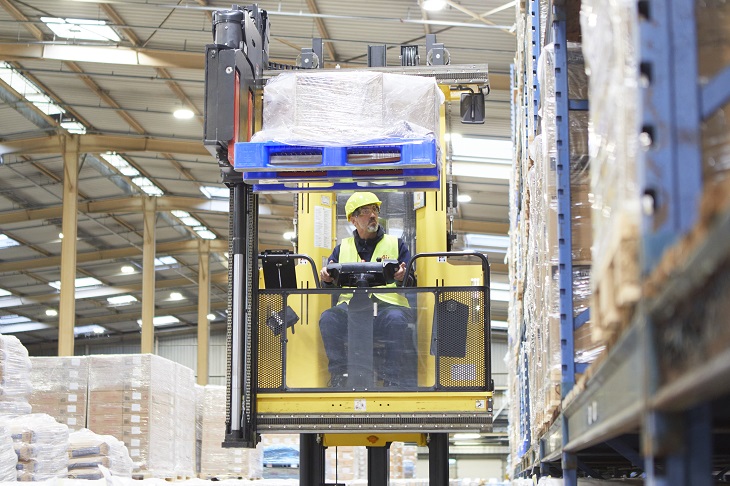
What do you know about industrial enzymes ?
What are the main benefits of using industrial enzymes ?
Improved efficiency: Enzymes can catalyze reactions much faster than chemical methods, which can help to improve the efficiency of industrial processes. This can lead to a reduction in production time and costs, as well as an increase in the yield of the final product.
Increased specificity: Enzymes are highly specific in the substrates they catalyze, meaning that they can target specific molecules or groups of molecules, rather than affecting a wide range of compounds. This can result in a higher purity of the final product and less waste.
Reduced environmental impact: Enzymes are biodegradable and can be derived from renewable resources, which can help to reduce the environmental impact of industrial processes. They also often operate at milder conditions than chemical catalysts, reducing the production of greenhouse gas emissions.
Cost-effectiveness: Enzymes are often cheaper to use than traditional chemical catalysts, since they can be produced on a large scale and can be used multiple times before they need to be replaced.
What are the applications of industrial enzymes ?
Enzymes have a wide range of application areas, some of the most popular applications of industrial enzymes are in the food and beverage industry, textile, paper and pulp, and biofuel production.
In the food and beverage industry, industrial enzymes are commonly used to improve the quality of products. For example, enzymes can be used to clarify beverages in order to increase transparency and stability, remove impurities, and improve the texture and mouthfeel of products. They can also be used to increase the flavor of beverages, making them more appealing to consumers.
Industrial enzymes play a significant role in the pharmaceutical industry. They are used in a variety of applications, including the production of active pharmaceutical ingredients (APIs), the manufacturing of finished dosage forms, and the development of new drug delivery systems.
In chemical production, industrial enzymes are used as catalysts to speed up chemical reactions and increase the efficiency of chemical production processes. Enzymes can catalyze a wide range of reactions, including those used to produce a variety of chemical compounds such as biofuels, fine chemicals, and polymers.
In the biofuel industry, industrial enzymes are used to convert plant-based materials into biofuels such as ethanol and biodiesel. Enzymes such as cellulases and xylanases are used to break down plant fibers, allowing the release of sugars that can be converted into biofuels. This can help to reduce reliance on fossil fuels and promote the use of sustainable energy sources.
Industrial enzymes are available from a variety of suppliers. These suppliers may offer a range of enzymes to meet the needs of different industries, as well as technical support and expertise to assist customers with the use of their products. When choosing an industrial enzyme supplier, it is important to consider factors such as the quality of their products, their pricing, and their level of customer service.
Overall, industrial enzymes play a crucial role in various industries, improving the efficiency and effectiveness of industrial processes and increasing the quality of products. By sourcing high-quality enzymes from reliable suppliers, industries can continue to provide consumers with products that are of the highest quality and performance.
Discover our products to know more about our enzymes and their applications!





